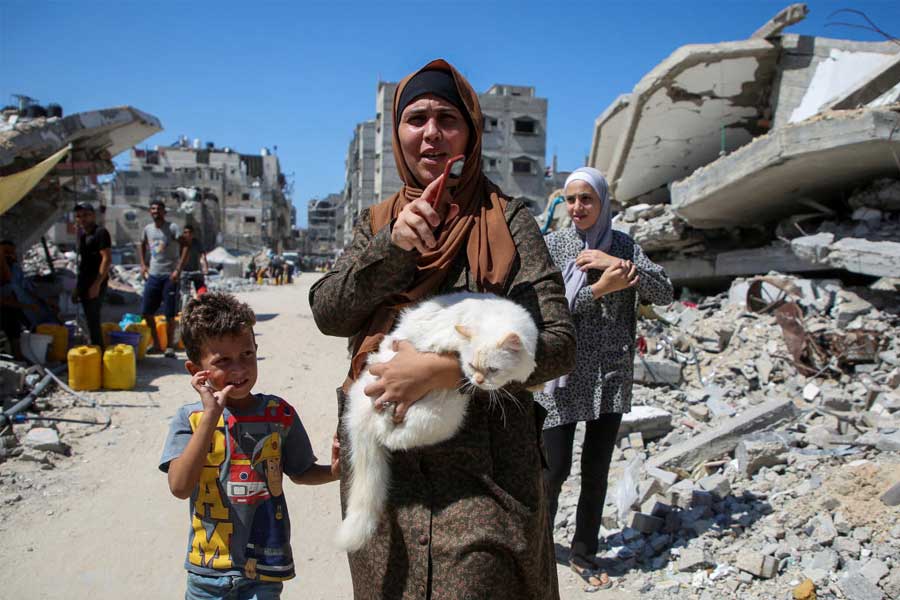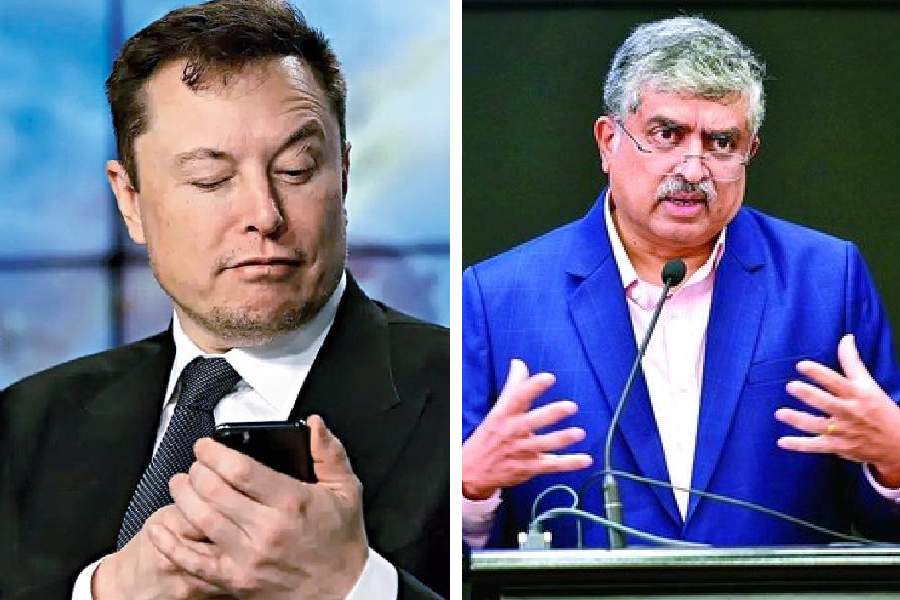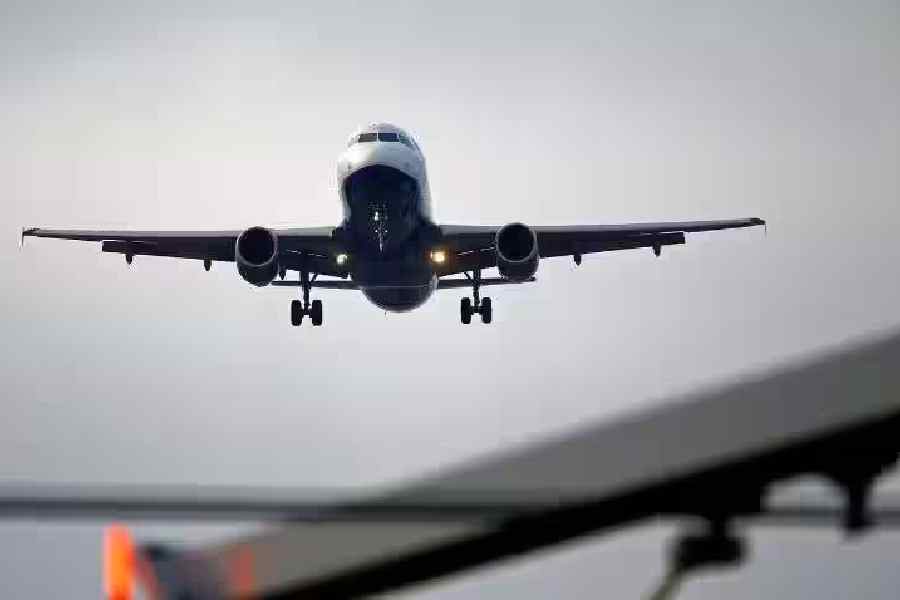Asked about Gaza hours after he was sworn in as president of the United States of America, Donald Trump compared the Palestinian enclave devastated by Israel’s brutal war to a giant demolition site. The real estate magnate-turned-politician was not wrong — except that the tonnes of rubble that span the coastal enclave also likely cover tens of thousands of bodies, of people believed to be buried under the debris. Six days into the first phase of a fragile ceasefire between Israel and Hamas, much of the focus of the international community is understandably on whether the truce will hold. Israel and Hamas are expected to exchange the next round of prisoners and hostages as part of the deal. But even if the ceasefire does last, and Israel’s military does eventually withdraw from Gaza, the challenge of rebuilding the Palestinian territory as a society exceeds anything that other nations or regions have faced in modern history.
Over 15 months of Israel’s war, which many independent rights groups and United Nations experts have described as genocidal, every single university in Gaza was bombed to the ground. Most schools were destroyed or damaged by missiles. More than 47,000 Palestinians were killed, a disproportionate number of them children. Thousands of other children are now orphans. While Israel claims its war was about targeting Hamas, it has in reality decimated a generation of young Palestinians and their dreams of a future. Every Gaza hospital has been bombed, and most homes have been destroyed or damaged. Rebuilding this infrastructure, with many of Gaza’s brightest young minds no longer alive, would take decades even in the most optimistic of scenarios. Worse, with Israel maintaining its control of Gaza’s borders, as it has from before the war, that task is dependent on the whims of an occupying force.
Gaza’s rebuilding depends on political and administrative acumen. But there is no clarity on who will govern Gaza. The US and its Western allies have made it clear that Hamas will not be allowed to lead the territory. They, and key regional players such as Qatar, want the Palestinian Authority led by President Mahmoud Abbas and his Fatah to be in charge of Gaza. But Israel has said the PA’s rule in Gaza would not be acceptable to it. Meanwhile, the PA, which governs the West Bank, is also suffering from a crisis of credibility among Palestinians, many of whom view it as an extension of Israeli occupation. Against this backdrop, the international community will need to do the heavy lifting for the reconstruction of Gaza. India, too, can have a role in this. New Delhi can offer dedicated scholarships for students from Gaza to attend Indian universities. It can subsidise medical treatment for Gaza’s patients in Indian hospitals. It can also supply Gaza with the generic medicines Palestinians need. The devastation of Gaza is a stain on countries that pontificate about the rule of international law but did nothing meaningful to stop Israel. They can take a step towards redressing that taint by helping rebuild Gaza.










